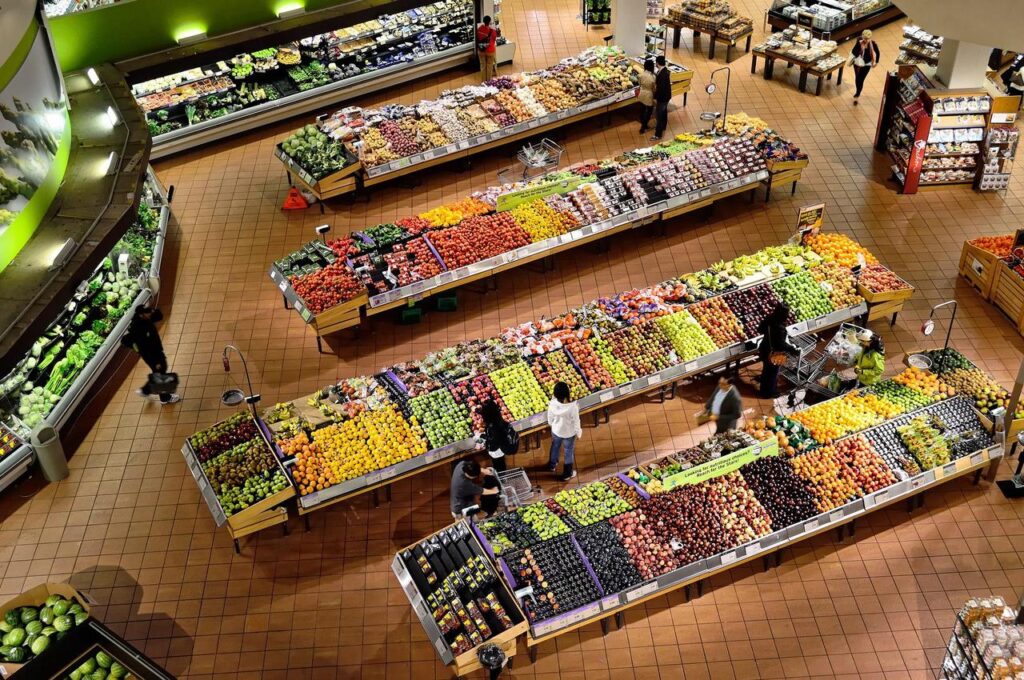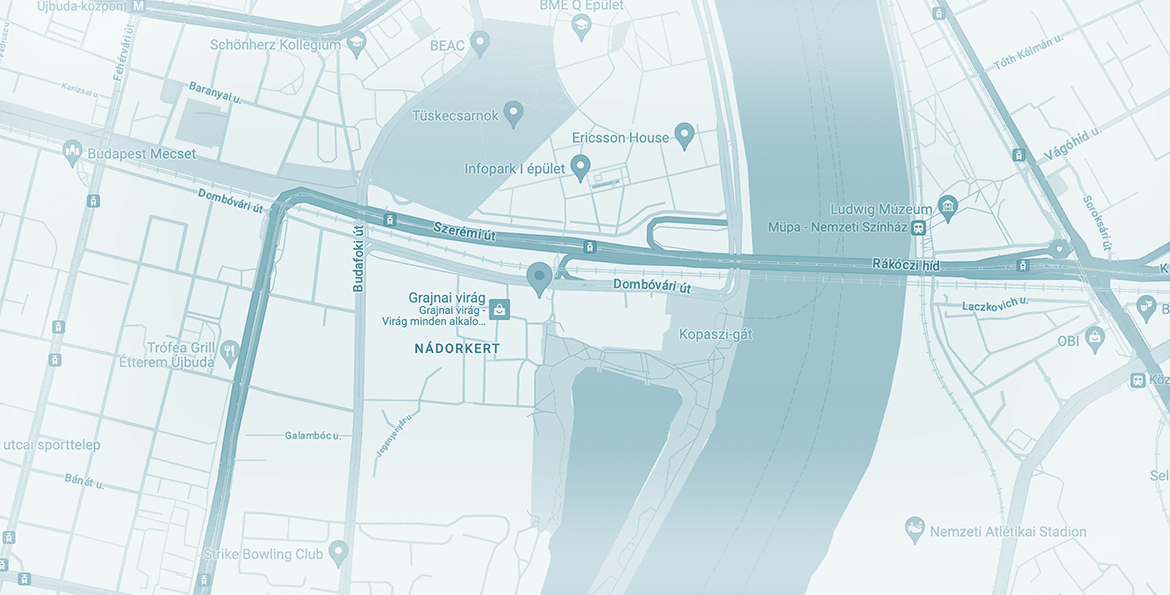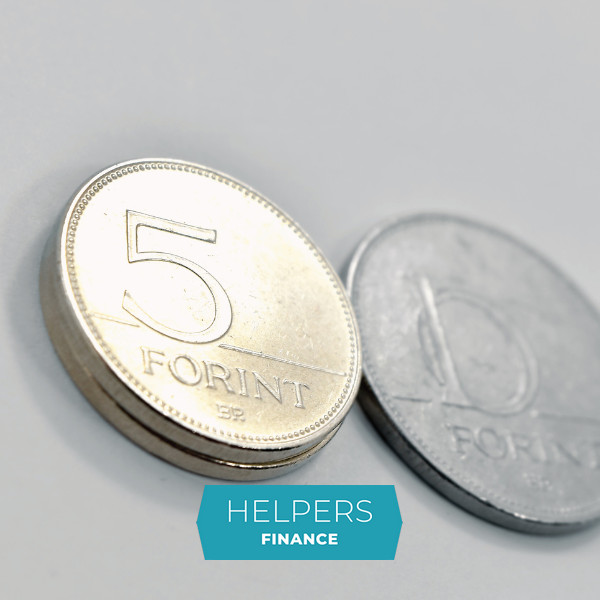
Price caps staying in Hungary until 1 July 2022
For the last few months, price caps have been in force in Hungary for fuels and some basic grocery items. While originally they were supposed to be expire in May 2022, the price caps were extended until 1 July 2022. Get an overview of the current situation, and see how it affects your Hungarian company.
For the last few months, price caps have been in force in Hungary for fuels and some basic grocery items. While originally they were supposed to be expire in May 2022, the price caps were extended until 1 July 2022. Get an overview of the current situation, and see how it affects your Hungarian company.
Last updated on 30 June 2023.
Update: Eventually, price caps were abolished as of 1 August 2023.
Inflation increasing globally
For the past couple of years, burdened with the COVID pandemic, and more recently, with the war in Ukraine, inflation is steadily increasing, while economy is slowing down, making stagflation a more and more realistic scenario for the second half of 2022 (see our previous article here). In this environment, the Hungarian government decided to maintain the price caps currently in force. They expect the decision will help mitigate the effects of inflation, and maintain (at least part of) the spending power of the population.
Price cap on petrol in Hungary
The most widely used types of car fuel in Hungary are the 95-octane unleaded petrol and diesel. Since 15 November 2021, the retail price of both is capped at HUF 480 / liter. This put petrol stations in a tight place, especially since first they received no compensation or any allowances from the government. In response to this, several stations introduced limitations to purchase quantities to avoid (or rather, mitigate) losses.
In February, the government finally introduced some allowance for retailers, including a moratorium on loans, the waiving of stock levies, the social security contribution, and the taxes on energy purchased from abroad, and offering subsidies and bridging loans.
Since 28 February, however, the same price cap applies to wholesalers as well. At the same time, stock levies were waived for fuels, while the excise duty was decreased by HUF 5 / liter (and then by another HUF 20 starting from 10 March). As a result, Hungarian MOL is now the only wholesaler still active on the Hungarian market (before the price cap, MOL covered about 70%).
Price caps on basic foods in Hungary
While the price of fuels contributes to the price of foods, most conspicuously through distribution, the Hungarian government’s efforts to protect the wallets of families is more apparent in the price caps introduced on basic foods. On 1 February, prices for certain foods considered basic (sugar, flour, cooking oil, leg of pork, chicken breast and back, and 2.8% cow milk) were required to be dialed back to October 2021 prices. (Learn more about that here.)
In contrast to the treatment of energy providers and fuel traders, grocery sellers and providers have not received any compensation or allowances, while their costs continued to increase. While the law stipulates that stores must distribute the same amount of merchandise as in last October, you will often find these items out of stock exactly because of the popularity of cheap items, even after the introduction of purchase limits.
At the same time, inflation is still obvious in the prices of other goods, and it is most conspicuous for items related to the price-capped versions, such as 1.5% milk or other parts of pork. Moreover, to compensate for their losses on price-capped items, retailers have probably raised the prices of other items faster than it might have been necessary without the price cap. In the meantime, providers might also be looking into ways to mitigate their losses. This might include exploring new opportunities for export instead of selling their products within Hungary, or producing more processed foods, which are not subject to price caps. In turn, these processes might contribute to increasing shortages and the acceleration of inflation.
Effects of price caps on your Hungarian business
Inflation affects every segment of the economy. The price caps on fuel and basic groceries are most relevant to you if you are a seller of these items, since they restrict your margins, and you should try and compensate for your losses through other channels. If you are a buyer for these products (either directly or indirectly), you can continue to take advantage of the price caps at least until 1 July 2022. However, you should consider how to respond when they are abolished, since market prices might skyrocket that very moment, due to the harsh differences between the capped prices and the actual costs behind them.
For properly adjusting your budget and your margins, you will need to have an insight into the financial operation of your Hungarian company based on up-to-date and precise information. Working with the right accountant can give you just that, and the Helpers Finance team is specialized in working with small and medium-sized enterprises in Hungary. Contact us today, and work with a provider that can give you exactly what you need.
Contact
Get in touch today
Monday - Friday
9am - 5pm CET
Helpers Finance Kft.
Budapart Gate
Dombóvári út 27
Budapest 1117, Hungary
If you’re visiting us, please use entrance A and come to the 2nd floor.



